The COVID-19 pandemic has accelerated the adoption of remote work models, prompting organizations worldwide to rethink their approach to workforce management. As remote work becomes increasingly prevalent, HR professionals are turning to technology to facilitate remote workforce management and support the needs of remote employees. In this blog post, we’ll explore the role of HR technology in effectively managing a remote workforce and driving employee engagement and productivity.
Virtual Collaboration Tools: One of the key challenges of remote work is maintaining communication and collaboration among team members who are geographically dispersed. HR technology platforms, such as video conferencing software, instant messaging tools, and project management systems, play a crucial role in facilitating virtual collaboration and enabling real-time communication and collaboration. These tools help remote employees stay connected, collaborate on projects, and access the resources and information they need to perform their roles effectively.
Remote Onboarding and Training: Onboarding and training new employees in a remote work environment present unique challenges for HR professionals. HR technology solutions can help streamline the remote onboarding process by providing virtual onboarding modules, interactive training materials, and online learning platforms. These tools allow organizations to deliver a comprehensive onboarding experience to remote employees, including orientation sessions, training workshops, and access to company policies and resources, ensuring a smooth transition into their new roles.
Performance Management and Feedback: Effective performance management is essential for remote teams to ensure that employees remain engaged, motivated, and aligned with organizational goals. HR technology platforms offer performance management tools, such as goal-setting features, performance tracking dashboards, and feedback mechanisms, that enable managers to set clear expectations, monitor employee performance, and provide timely feedback and recognition. By fostering a culture of accountability and transparency, these tools help remote employees stay motivated and focused on achieving their objectives.
Employee Wellbeing and Engagement: Remote work can sometimes lead to feelings of isolation and disconnection among employees. HR technology solutions can help address these challenges by offering employee engagement and wellbeing tools, such as virtual wellness programs, social connection platforms, and mental health resources. These tools enable organizations to prioritize employee wellbeing, foster a sense of belonging and community, and support the physical, mental, and emotional health of remote employees.
Data Analytics and Insights: HR technology platforms often include advanced analytics and reporting capabilities that allow organizations to gain valuable insights into their remote workforce trends, patterns, and performance metrics. By analyzing HR data, organizations can identify areas for improvement, track key performance indicators, and make data-driven decisions to optimize remote workforce management strategies. These insights enable organizations to adapt and evolve their remote work policies and practices to better meet the needs of their remote employees and drive organizational success.
In conclusion, HR technology plays a critical role in supporting the management and engagement of remote workforces. By providing virtual collaboration tools, remote onboarding and training solutions, performance management and feedback mechanisms, employee wellbeing and engagement resources, and data analytics and insights, HR technology empowers organizations to effectively manage their remote teams and drive employee productivity, engagement, and satisfaction in today’s remote work landscape.


